|
Fredrick Backman, Colum McCann, Amor Towles, and Kristin Hannah were my favorite authors this year. 2021 was the year of stories that shook me and moved me. In retrospect, it seems I've been specifically opening myself up to stories of suffering (while then specifically reaching for lighter, more heart-warming tales for balance.) Curious to see what 2022 holds for my literature selections! If you've read any of the books below and want to chat about your experience, please reach out. Blessings on your own books and the resulting explorations and musings they bring.
1. Eleanor Oliphant is Completely Fine by Gail Honeyman -reading from the perspective of someone you could label as autistic -realizing how long lasting trauma from childhood is (verbal abuse/false beliefs) -be grateful for your health in your friends and family 2. Where the Crawdads Sing by Delia Owens -being close to nature and learning to take note of specifics -we are both animal and soul 3. The Vanishing Half by Brit Bennett -living with large secrets sounds exhausting and awful -racism is part of this country's narrative and needs to be examined 4. Let the Great World Spin by Colum McCann -the depth and complexity of each human life, each of our stories, how we interact 5. The Mothers by Brit Bennett - some interesting new pictures of motherhood and unpregnancy 6. Britt-Marie Was Here by Fredrik Backman - people. The ever-amazing importance of people, connections, friendships. 7. The Death of Vivek Oji by Akwaeke Emezi (sexually graphic*) - the terrible burden of secrets, the need to accept people fully as they are whether in small things like idiosyncrasies or large things like gender and sexual identity (also that I miss Africa) 8. If I Had Your Face by Frances Cha - how much I hate social systems based on class (but aren't they all in one form or another?) and why are people shaving their bones to look different? How has plastic surgery become so refined and accessible that it's hard to tell what public personalities have had done - beauty standards being unrealistic? 9. American Dirt by Jeanine Cummins - would highly recommend to anyone, but with a warning for how intense this narrative is and how these images, these people, these thoughts will stay with you. A rush and sweeping of deep gratitude for my life, a new understanding about the specific facts of suffering and immigration. 10. The Housekeeper and the Professor by Yoko Ogawa -how important people are; shared memories are for relationships. The beauty of math. 11. my grandmother asked me to tell you she's sorry by Fredrik Backman -the power of a good story. Honestly, makes me want to raise kids on a uber complex system of fairy tales based on faith but without all the church bits 12-13. Sorcerer to the Crown and The True Queen by Zen Cho - the power of women, and trusting your intuition and making brave, difficult choices 14. An American Marriage by Tayari Jones -the intensity of our feelings and perspectives and how they keep our vision small 15-16. Parable of the Seed and Parable of the Talents by Octavia E. Butler -how insanely good we have it now and the kinds/levels of suffering that could realistically head our way if we don't start problem-solving as a race. Not sure what to think of the Earthseed bits on God as Change. 17. Conversations with Friends by Sally Rooney -DO NOT RECOMMEND...best takeaway would just be that we all our so entrenched in our views of the world that it's a continual surprise to see a shared situation from another person's perspective 18. Calypso by David Sedaris 19. A Promised Land by Barack Obama 20. Memorial by Bryan Washington (explicit - don't recommend) 21. The Biggest Bluff by Maria Konnikova 22. Anxious People by Frederik Backman 23. A Tree Grows in Brooklyn by Betty Smith 24. Sacre Bleu by Christopher Moore 25. Night Boat to Tangier by Kevin Barry 26.Eat, Pray, Love by Elizabeth Gilbert 27. A Gentleman in Moscow Amor Towles 28. The Four Winds by Kristin Hannah 29-31. Scythe Trilogy by Neal Shusterman 32. Rules of Civility by Amor Towles 33. The Pull of The Stars by Donoghue 34. The Nightingale by Kristin Hannah 35. The Great Alone by Kristin Hannah 36. Breasts and Eggs by Mieko Kawakami 37. The Tattooist of Auschwitz by Heather Morris 38. The Lincoln Highway by Amor Towles
0 Comments
This blog post is dedicated to my experience with Teachers Pay Teachers (TpT.) I created my "store" a few years ago when I made an art-specific reflection sheet for students because I couldn't find anything I liked when I searched the internet for a similar form.
I didn't know anything about how TpT works but figured I would reside in a little corner of the market as I had a different style of both the look of my resources and the resources themselves than anything I'd seen online. But then after figuring out all of the account bits and uploading bits, I found out my unique Self-Reflection Sheet had to be uploaded as my Free Download. Being busy teaching, that took the wind out of my sails. So I uploaded it and left my TpT account sitting for a few years. Cue 2020 and the move to virtual learning. Again, searching the internet for resources I needed in my classroom left me empty-handed. So I started making them. And realized it might be a good time to give TpT another try. I spent a few days watching Youtube videos from prominent TpT store owners and figured out how to upload my snazzy new Online Resources and waited for the money to come rolling in. Which didn't happen. I knew to expect a slow start since I didn't have many products and wasn't willing to pay for advertising. But I didn't expect it to be that slow. I sold two or three products in as many months which was discouraging. And then seeing the cut I got after TpT took their share was disheartening. I almost quit on it again. But after a few more sales came in I decided to make a few more products and give it one last go. Here are some stats and thoughts for those of you wondering if you should start up:
Some questions for those of you out there using TpT with any success: 1. Do you pay for advertising? 2. Do you make products that you don't use in your classroom? 3. How much time does an average product take for you? 4. Are there small tricks or tips that you would be willing to share? 5. Over the years, has it been worth it to pay the membership each year? Does material that is popular now tend to stay popular (or once a material starts selling, does it usually keep selling?) Would love to hear any feedback or questions from other teachers! The things we do to supplement our salaries :) Blessings, j Teaching online has come (and stayed) for many of us, forcing adaptation. I've found that best practice continues to shift as the learning community goes through the different phases of living with our new digital platform. Some strategies that I've been finding to create more learner engagement are below. What are strategies you've found to be helpful? If you're still teaching online, are you noticing that you're having to find new ways to teach as students are very fatigued with this system?
The Meet-within-the-Meet: I have been shocked at how students in even a small class will suddenly break their silence if provided a way to talk without anyone else listening. I will often have 4 or 5 students left in class with questions and they won't speak up until I make a second meet and tell them they can jump in there. And then they will one-by-one ask their questions! Creating Google Slides to go with each lesson for students to use again independently, for those with internet issues, and for those with different learning needs (whether visual learners, ELL students, or even those with processing issues.) Encouraging students to use the chat function rather than unmuting as they seem far more likely to type than to talk. Allowing students to keep their videos off. Internet issues are real. As are the many reasons you might not want teachers and peers seeing you in your bedroom at 8:00 am. I do sometimes ask for videos to be turned on for the start of class or for a discussion, but most of the time I let students decide for themselves. On a similar note, allowing students to sign off before class is over. Students' self-management doesn't change much whether they're on a muted, video-less Meet or not. (I've had students accidentally show me that they're playing games, watching movies, or texting during class!) Rather, creating an environment where students a. feel comfortable to ask questions/get feedback b. have a variety of ways to do that and c. are given time to work on their art during the day seems to be the winning combination - caveat of course is, for me, with these students, in this school community. Asking everyone to answer simple conversation questions like "What was your last meal?" or "What's a good show you've watched recently?" or "Do you normally remember your dreams? And if yes, any you want to share?" For small, speciality classes I've created a schedule where one week a month we do one-on-one workshops to make sure students are getting personal attention and can go in depth about their course elements. This only works for my IB Visual Arts classes, but it works very well. We either do 20 minute or 30 minute sessions! For art, rather than having each assignment be a new project, some assignments are small, simple, skills. This creates a "breather" for students and allows those who are newer to the subject or specific skill to practice before trying a piece. Normally, this would just be part of my art class as an opening or a warm-up, but in attempts not to overwhelm students, I'm making it a separate digital assignment. Checking in with students, by either asking or noticing how many students are behind on turning in work. "Assume good intentions," and slow the pace down if the majority of students need a break. To do this, I will either create a fun, but simple mini-lesson or will give them a bonus day to finish a more complicated assignment. Student feedback has been positive, though there are a few who want more art and more projects. Perhaps I can start offering 10 minute one-one-one workshops for those students during those classes...hmm!? I've been teaching online for about the last calendar year now.
Back in the spring of 2020, I was teaching asynchronous elementary art lessons, leaving individual feedback for each of my hundreds of students. This year, I am teaching synchronous lessons online to middle school, high school, and IB art students. (This year I'm also teaching from a different time zone as the borders to my new school's country are closed.) Students and teachers alike are experiencing screen fatigue. But I'm not here to vent about the obvious negatives to online teaching. I am grateful to have kept work during the pandemic and to have been safe from exposure. I suppose I'm writing to find a larger perspective and ways to balance. You see, not only am I teaching to a screen, but most of the rest of my day's activities are all screen-based too:
So much of my time is spent online! And I intentionally try not to be a person who is glued to their phone. Creating balance here is important to me. I've been giving myself visual breaks (the 20-20-20 rule: look away every 20 minutes for 20 seconds to 20 ft away) and trying to correct my posture so I'm not hunching my shoulders and over-extending my neck. And I've been trying to push myself into more hands-on activities like writing "snail mail," playing board games, and going for walks between classes. But even so, my moth-self is plenty happy with all these digital flames I continue to hover around. Beyond things like staying away from scrolling Buzzfeed or Instagram (I know, I know), do any of you have suggestions for building new, small habits that help balance out our COVID-forced screen time? Also, since the students are tired of being online so much I've tried to create lessons that they can complete with minimal screen time (though they are welcome to complete pieces as digital art if they wish.) It's difficult though to find balance there: walking students through new topics in a way that they can complete the assignment independently and off-screen. During the independent work portions of the lesson, I've started encouraging them to complete their art outside or while listening to music/audiobook/podcast. But then I feel like a bad teacher to be sending them off! I stay on the Google Meet link for our entire class period and encourage them to jump back on the moment they have questions, as they've learned to do. How have you found ways to get your students learning off-screen? Are your students complaining of screen time or are they accustomed to it? Teaching IB Visual Arts this year has been great: a whopping giant learning curve, but great.
To those of you out there just starting up with IB VA, here are the three things that got me through the panic and stress and into developing a high-quality program and accompanying resources: 1. I was able to complete my certification online during the early months of 2020. At the time, we were still in school and I was able to ask questions of my school's IB Art Teacher and look through some student work examples to get a deeper understanding of the program's requirements. Those in-person, informal discussions were SO helpful (as are our continued texts and emails.) Kudos to more experienced teachers coming alongside of rookie teachers. 2. The Facebook IB Art Teacher groups were another lifeline. I would highly suggest joining one or two of those as teachers there are so generous with their time and answers. 3. My school provided me with a subscription to InThinking and I cannot imagine having to create an IB art curriculum without that amazing resource. My book selection this year is more varied than in years past. I think this is mostly due to two facts: 1. I finally caved and bought an e-reader and 2. COVID has changed all of our day-to-day activities and I read for differing reasons as my moods and values shifted within those changes: to escape reality, to be entertained, to try new styles of literature, etc.
|
Jessica LaneBeing a lifelong learner means intentionally seeking out experiences that enforce growth and personal development. Archives
February 2024
Categories
|

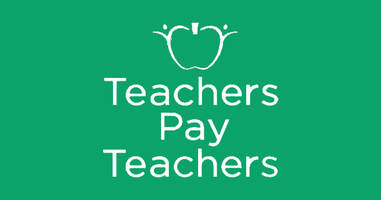


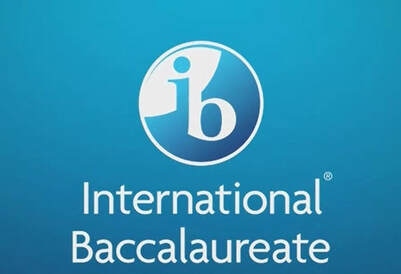


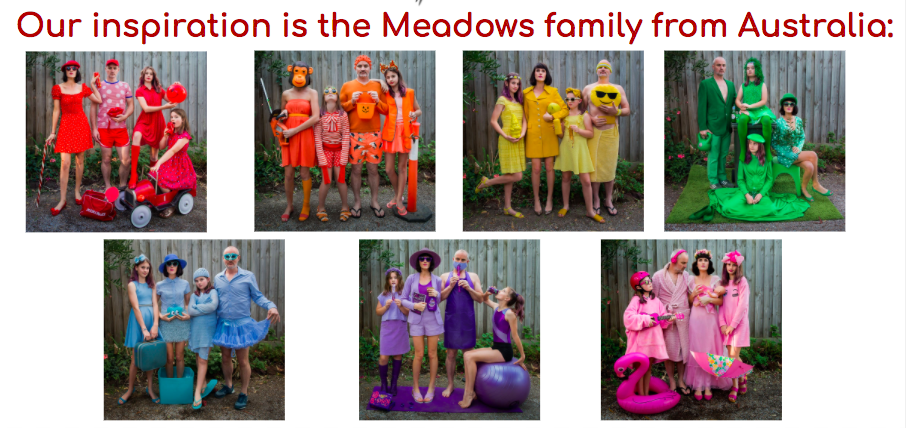


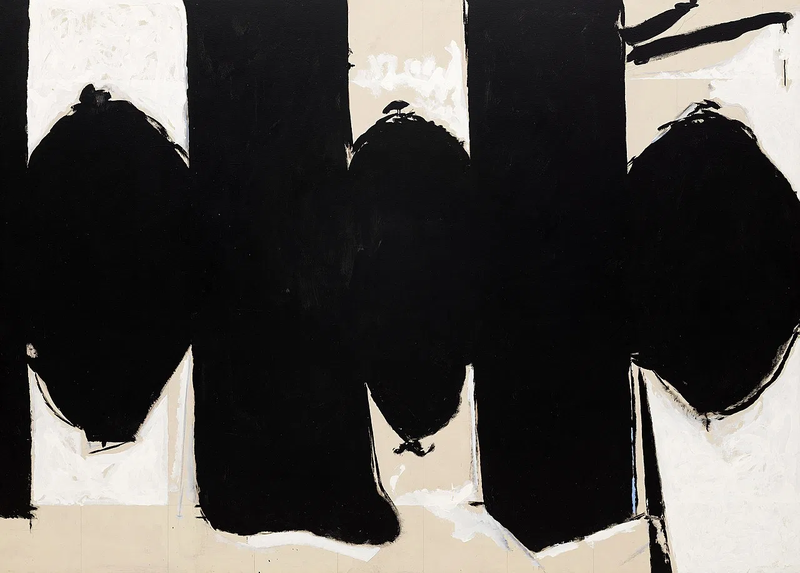
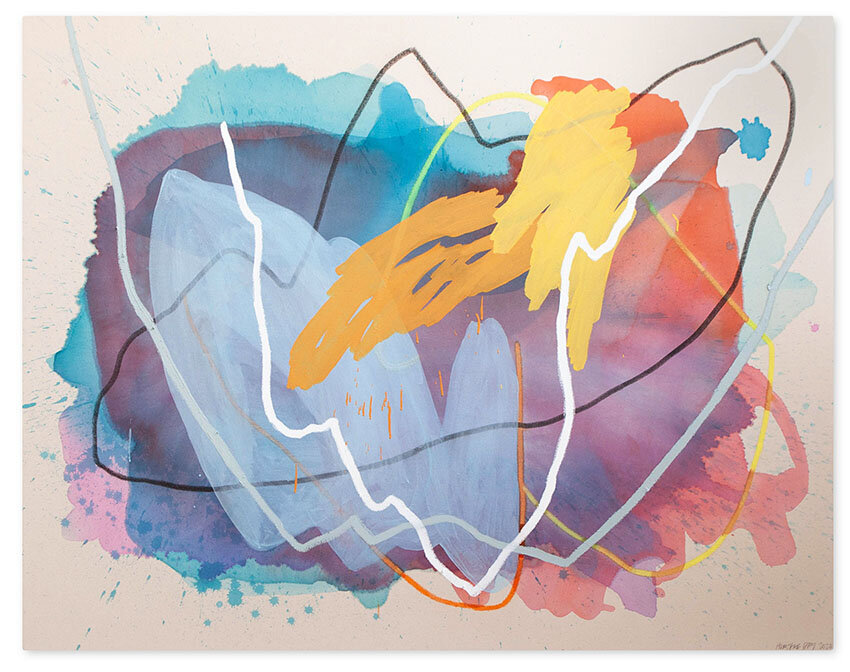
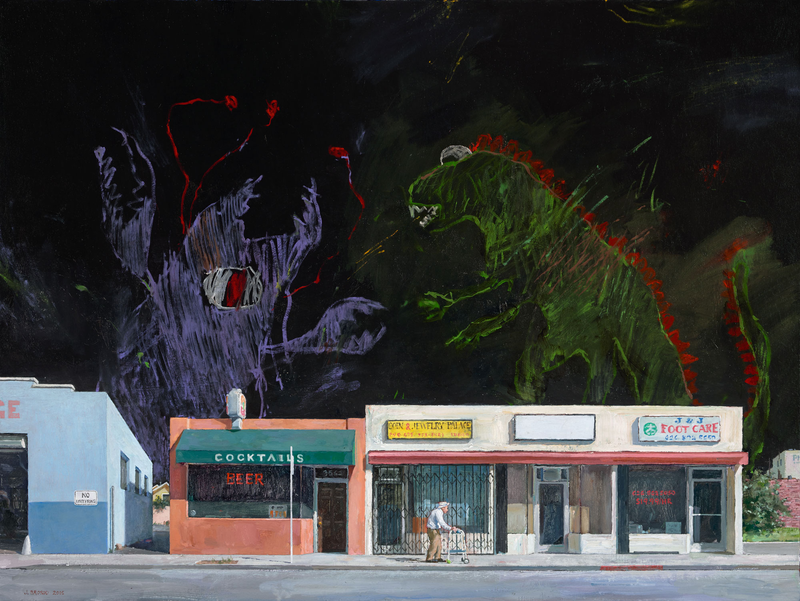
 RSS Feed
RSS Feed